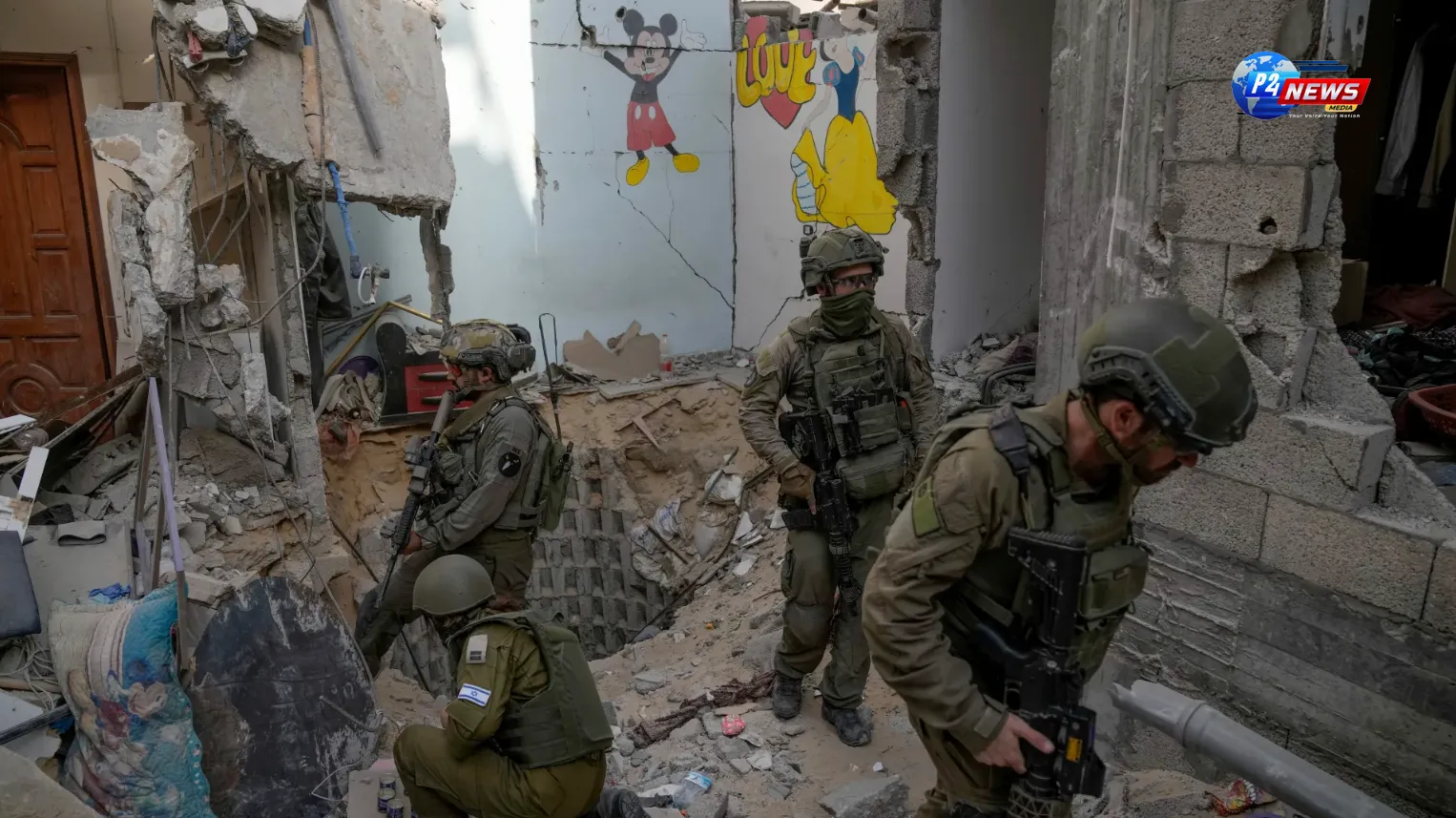Intense fighting persists between Hezbollah and Israeli forces in southern Lebanon, with growing casualties in Gaza. As Israel intensifies its operations, the humanitarian crisis deepens, prompting urgent calls for ceasefire.
Intense fighting persists between Hezbollah and Israeli forces in southern Lebanon, with growing casualties in Gaza. As Israel intensifies its operations, the humanitarian crisis deepens, prompting urgent calls for ceasefire.
In a dramatic escalation of conflict in southern Lebanon, clashes between Israeli forces and Hezbollah militants are intensifying, particularly in the strategically important town of Khiam and the coastal region of Bayada. This surge in violence has coincided with a significant increase in Israeli military operations, resulting in severe casualties on both sides. The Lebanese Health Ministry reports that at least 15 individuals have lost their lives, while many others are injured due to Israeli airstrikes targeting various areas, including the Basta neighborhood of Beirut.
Meanwhile, the health situation in Gaza remains dire, with the Health Ministry confirming the deaths of at least 120 Palestinians and injuries to 205 others over the past two days as a result of ongoing Israeli attacks. Since the beginning of the conflict on October 7, 2023, the death toll in Gaza has escalated to a staggering 44,176, with injuries exceeding 104,473. The crisis has prompted international concern, and humanitarian organizations are calling for an immediate ceasefire to prevent further loss of life.
The conflict shows no signs of abating, with reports indicating that Israeli forces have also ramped up their operations in southern Lebanon, culminating in deadly airstrikes in the Tyre area. The Israeli military has made it clear that it intends to secure ground in contested regions, heightening fears of a prolonged confrontation that could spill over into broader regional instability.
The Israeli government has faced criticism over its military tactics, particularly concerning civilian casualties. The United Nations has reported that around 80% of the fatalities in Gaza are linked to strikes on residential buildings. Furthermore, the humanitarian conditions in northern Gaza are reported to be deteriorating, with hospitals such as Kamal Adwan being targeted by direct airstrikes.
Compounding these challenges, Lebanon's Prime Minister Najib Mikati recently expressed solidarity with Italy following an attack on UN peacekeeping forces. Mikati reiterated Lebanon's commitment to investigate the incident rigorously while emphasizing the importance of international support for Lebanon amid escalating tensions.
As the situation unfolds, the international community is urged to closely monitor developments and actively seek avenues for mediation in order to restore peace. The continuing cycle of violence threatens not only the immediate region but has implications for global stability, making it imperative for diplomatic efforts to be prioritized.
At this juncture, the hopes for a ceasefire appear to be diminishing, underscored by a series of airstrikes in central and southern Beirut that have left many civilians caught in crossfire. Residents recount harrowing experiences of living under the threat of sudden bombings, leading to widespread fear and uncertainty about the future.
As such, the situation in Lebanon and Gaza serves as a poignant reminder of the complexity and fragility of peace in the region. Without swift intervention, the humanitarian crisis is set to escalate further, necessitating urgent action from both local actors and international stakeholders.
Like
Dislike
Love
Angry
Sad
Funny
Pray
'Trump Tracker: Tulsi Gabbard's Surprising Appointment as US Intelligence Chief
November 14, 20249th Ayurveda Day in Melbourne: A Celebration of Ayurvedic Innovations and Global Health Impact
November 10, 2024🍪 We Value Your Privacy and Experience Hi there! We use cookies to enhance your browsing experience, provide personalized content, and analyze site traffic. By continuing to use our site, you consent to our use of cookies.







Comments 0